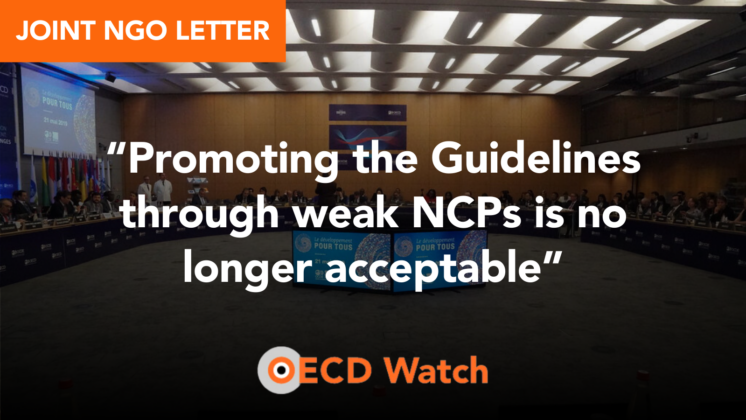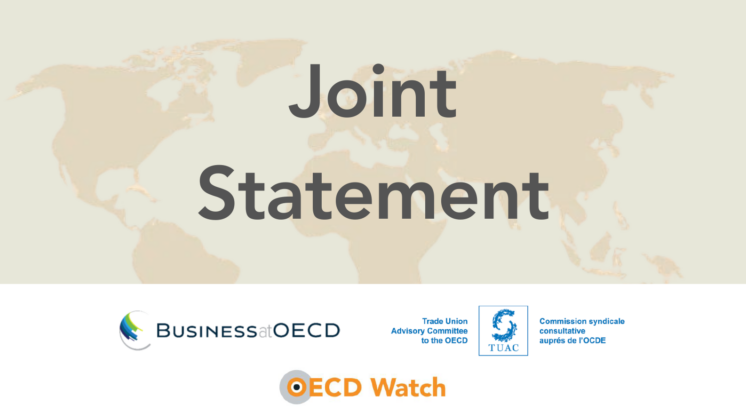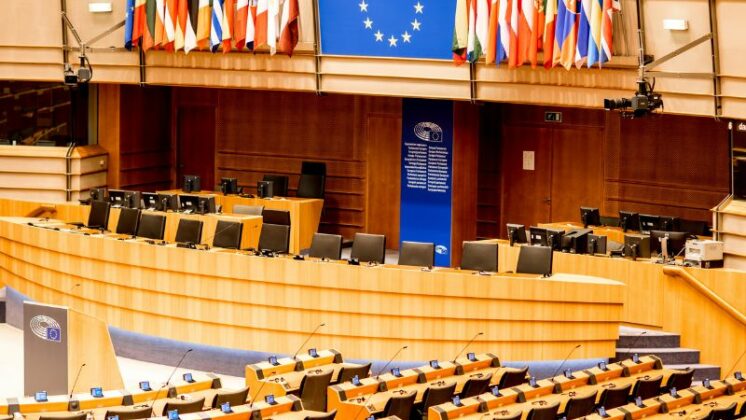European Center for Constitutional and Human Rights (ECCHR) carried out a comparison “peer review” based on its OECD Guidelines complaints against 7 cotton traders from France, Germany, Switzerland and the United Kingdom for knowingly profiting from (forced) child labour in the Uzbek cotton industry.

The comparison study focused on three principles, which are most crucial for a fair and effective non-judicial proceeding by the National Contact Points (NCPs) handling the complaints, namely, Impartiality, Predictability, and Transparency. The results of the comparative evaluation have been summarized in this position paper. By comparing complaints procedures, ECCHR hopes to standardize the work of the NCPs and thus contribute to more effective management procedures.
According to the findings in the paper all four NCPs involved have attributed a high degree of importance to the complaints and have consulted each other during the procedure. ECCHR highlights the UK’ NCP as an example for others because of its transparent communication with the parties, the use of an external mediator, and the publication of all relevant decisions. The evaluation furthermore found that the Swiss NCP has strengthened mediation by engaging with an external mediation for the first time. Although evaluation concluded that the German NCP’s procedures can be optimized in some areas, the NCP handled the procedure from the beginning with great interest and sought a goal-oriented procedure.














